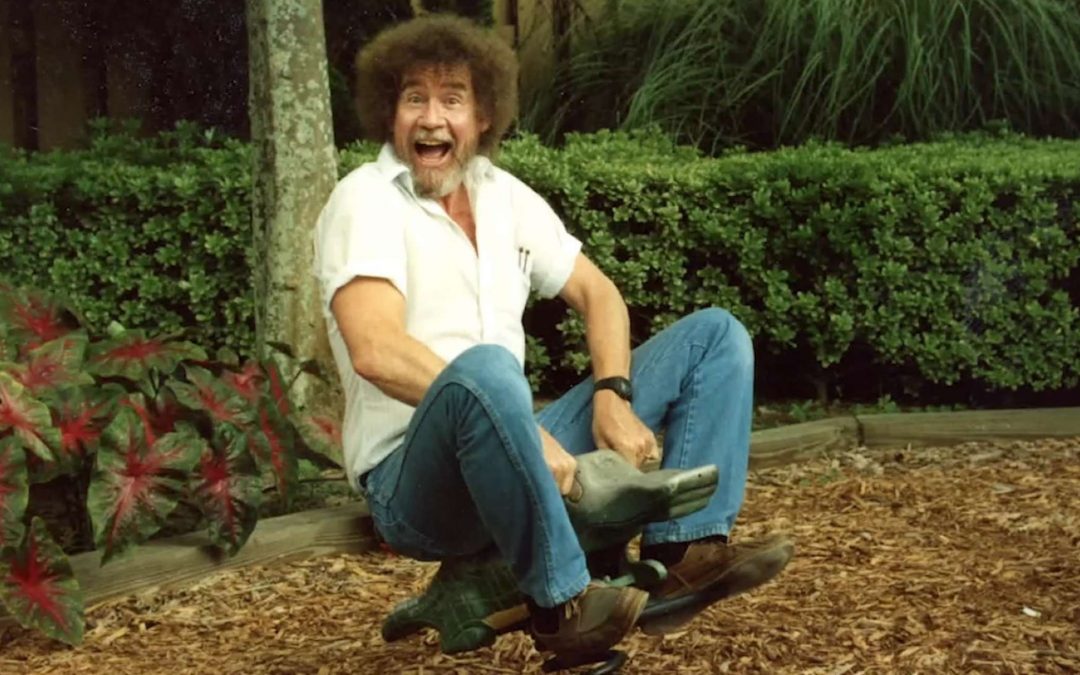Bob Ross, Inc. (BRI) has spoken out against the new Netflix documentary Bob Ross: Happy Accidents, Betrayal, and Greed (2021) that chronicles the TV painter’s rise to fame and subsequent legal controversies after his death. In a public statement, BRI denounced the film’s “inaccurate and heavily slanted” narrative and accused its director and producers of bias.
The Joy of Painting star and posthumous meme celebrity, who died of lymphoma in 1995, is remembered as much for his mastery of alla prima landscape painting as for his life wisdom, soothing voice, and exuberant hair. BRI, the company that owns the rights to Ross’s image, admits this is “accurately captured in the film.”
But BRI takes issue with the film’s portrayal of the company’s current owners, Walt and Annette Kowalski. Longtime business partners of Ross who co-founded BRI in 1984 along with the artist and his wife Jane, gained complete control of the business after the couple’s deaths. The second half of the documentary describes their successful bid for Ross’s intellectual property, allegedly using intimidation and ruthless legal force, ultimately snatching the rights to his name and likeness from Bob’s son and heir Steve Ross and continuing to profit from them today.
According to a New York Times review of the documentary, the Kowalskis “are not painted in a flattering light.” The film has prompted growing calls for a boycott of the company and Bob Ross-branded products, from paint sets and swimming trunks to a toaster that burns the painter’s face on bread slices — all featuring images licensed through the family.
The Kowalskis have strongly rejected the claims and accused director Joshua Rofé and producers Melissa McCarthy and Ben Falcone of failing to represent their perspective. If not for their efforts, said BRI’s statement, “Bob’s artistic and cultural relevance … would have been lost decades ago with his passing.”
“Had the filmmakers communicated with openness in their correspondence, Bob Ross Inc. could have provided valuable information and context in an attempt to achieve a more balanced and informed film,” the company said.
In an interview with NPR, Falcone said it had been difficult to find people who were willing to speak on the record about Ross for the documentary; many of them were hesitant or outright refused out of a fear of litigation. “That was when we sort of figured out, oh, boy, this might be a little different than what we thought it was going to be,” Falcone said.
“We never set out to make a hit piece. We like Bob Ross and we still do,” Falcone said. “We were just surprised to uncover some of the things we uncovered.”






